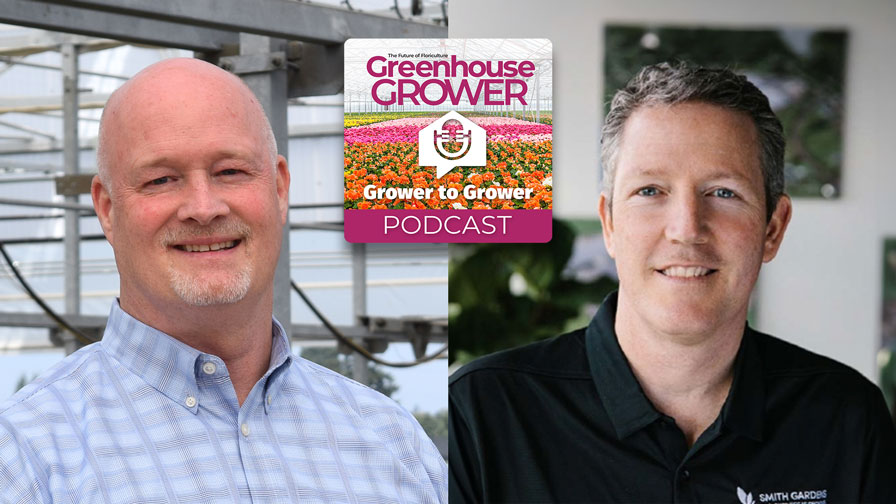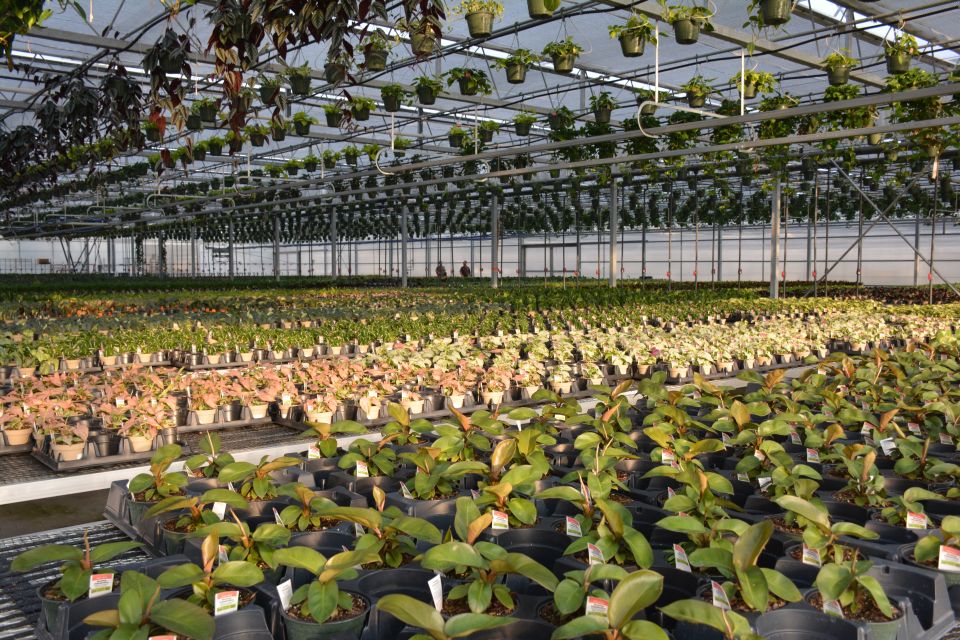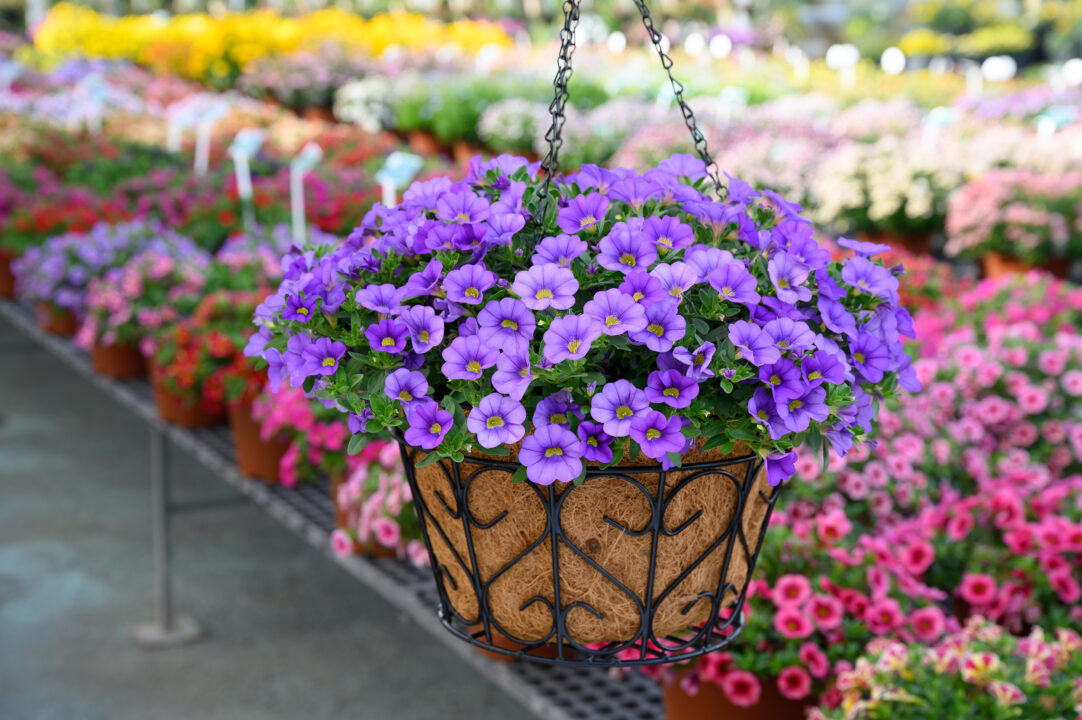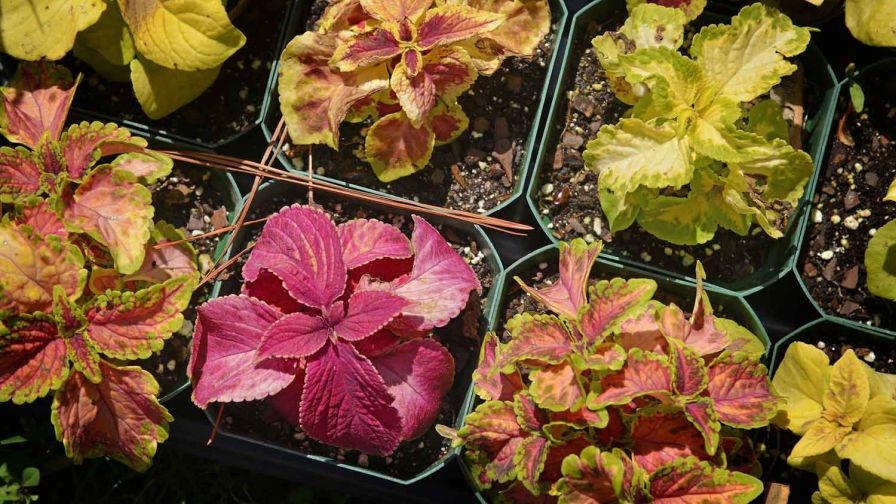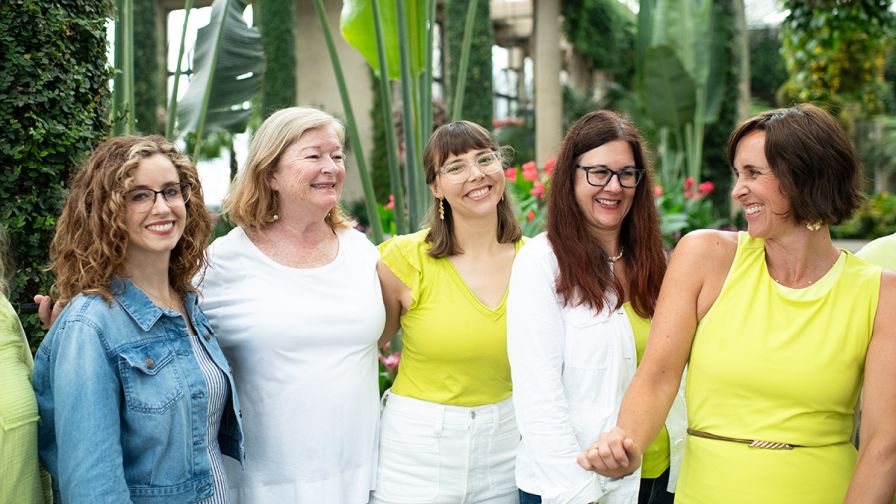Greenhouse Drone Rises Above the Competition in Recent Contest
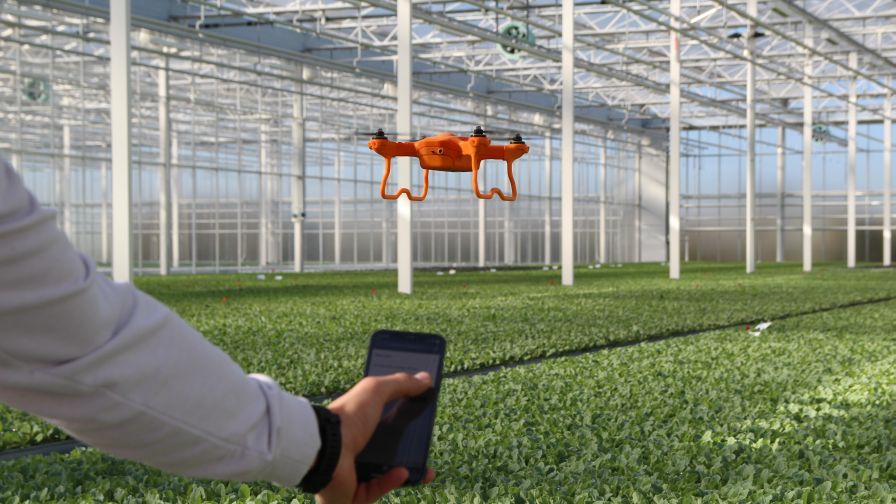
Photo: Corvus Drones Development Team
Corvus Drones, located in Wageningen-Ede in the Netherlands, is the developer of a fully automatic flying greenhouse drone that can monitor crops and collect data. In a recent competition, the company got the chance to demonstrate its full potential.
Technical University Delft (TU Delft) organized the International Micro Air Vehicle (IMAV) Greenhouse Challenge to stimulate greenhouse drone and data innovation. From all over the world, about 10 teams participated in the challenge, and the winner was Corvus Drones.
According to the Corvus development team, a major development in horticulture is the transition to precision horticulture and data-driven growing, in which crops are monitored at the plant level. This requires a high level of automation starting from data collection and interpretation to fine-scaled crop actions. Drones have the potential to play an important role in this domain as they can move in three dimensions and observe every greenhouse location against low operational costs.
The teams in the competition developed a lightweight drone that is able to navigate autonomously in a high-wire tomato crop. The goal is to monitor the crop, find a plant disease, and measure CO2 and temperature in the greenhouse. Autonomous means that the drones fly fully automated, or without manual intervention.
Corvus Drones won the Challenge because of the flawless flight, the accurate monitoring of the crop, disease detection, and an insightful heatmap (temperature, CO2, and humidity).
“The development team did a great job in just a couple of months. We advanced the row navigation development, which was originally planned for 2023 in our tomato harvest prediction project,” says Gerhold ten Voorde, founder of Corvus Drones. “It was an impressive task to get navigation, detection, and reporting as well in a fully automated loop. Our partner, Pheno-Inspect from Germany, executed the computer vision analysis via the Corvus Cloud and did a perfect job. It was great to see all the teams developing new innovative drone technologies for horticulture. This is a crucial step towards fully automated data-collection for yield prediction and autonomous growing.”
This year, Corvus Drones introduced the first commercial autonomous drone in horticulture. The focus is seed germination in young plants and ] flower detection in pot plants. The vision is to deliver a drone-in-a box that is easy to implement and operate. Growers define the flight route in a web application, link a task to the drone, and the drone executes the job automatically. After the flight, the drone returns to the docking station for automatic recharging. This is completely without human intervention. Reporting is within 30 minutes in general.



